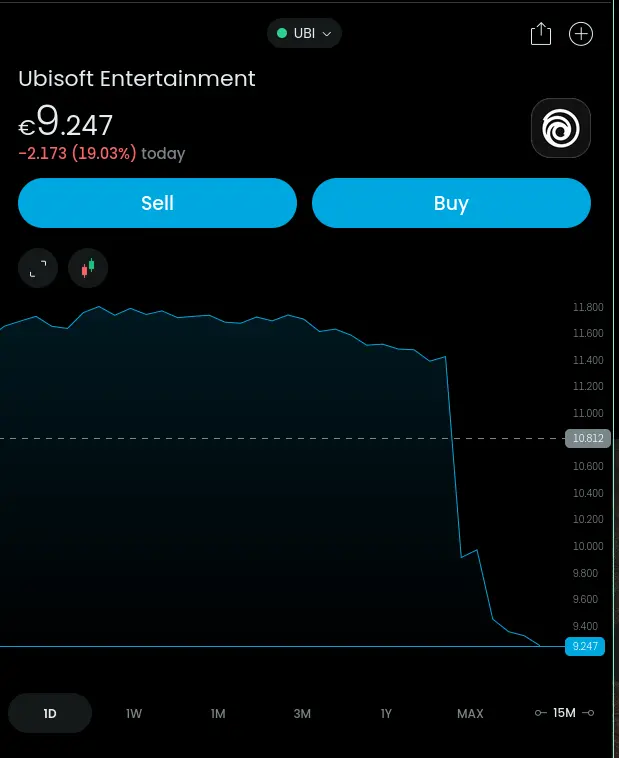this post was submitted on 26 Sep 2024
520 points (95.1% liked)
Games
31990 readers
1 users here now

Welcome to the largest gaming community on Lemmy! Discussion for all kinds of games. Video games, tabletop games, card games etc.
Weekly Threads:
Rules:
-
Submissions have to be related to games
-
No bigotry or harassment, be civil
-
No excessive self-promotion
-
Stay on-topic; no memes, funny videos, giveaways, reposts, or low-effort posts
-
Mark Spoilers and NSFW
-
No linking to piracy
More information about the community rules can be found here.
founded 1 year ago
MODERATORS
you are viewing a single comment's thread
view the rest of the comments
view the rest of the comments

There's probably a whole thesis or five to be written on the subject.
The "traditional" AAA pipeline is "make big games with loooots of assets and mechanics, maximize playtime, must be an Open World and/or GaaS". Both due to institutional pressures (lowest common denominator, investor expectations for everyone to copy the R* formula, GaaS are money printing machines) and technical reasons (open worlds are easy to do sloppily, you can just deliver the game half finished and have it work (e.g. Cyberpunk), GaaS/open worlds are a somewhat natural consequence of extremely massive development teams that simply could not work together on a more narrowly focused genre).
That's not to say there aren't good expensive games being payrolled by massive studios like Sony or Microsoft. But AAA is a specific subset of those, and blandness comes with the territory. However if I was a betting man I'd say we're nearing the end of this cycle with the high profile market failures of the last few years and the AAA industry will have to reinvent itself at least somewhat. Investors won't want to be left holding the bag for the next Concord.